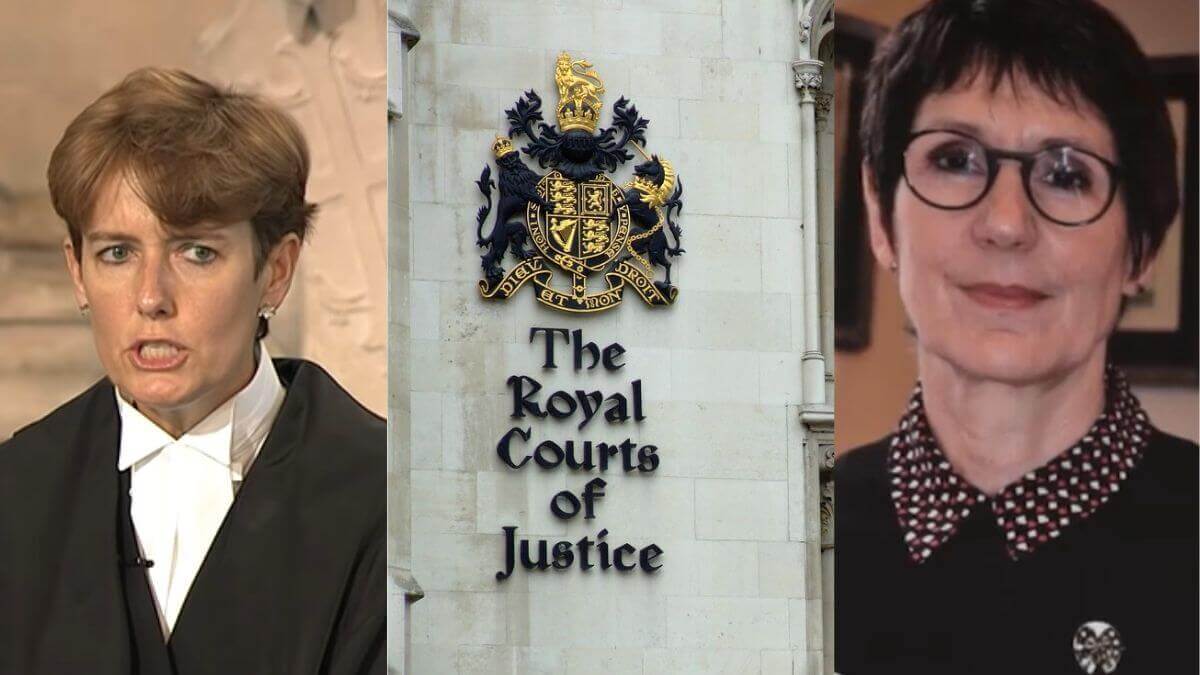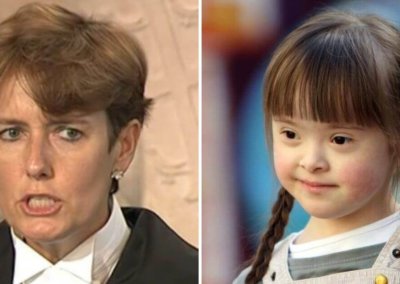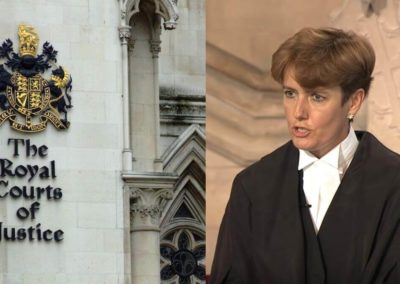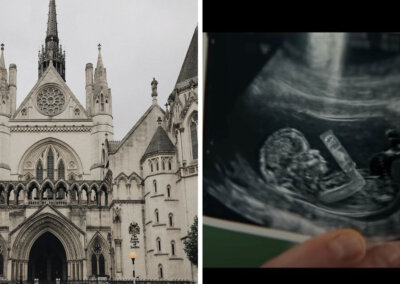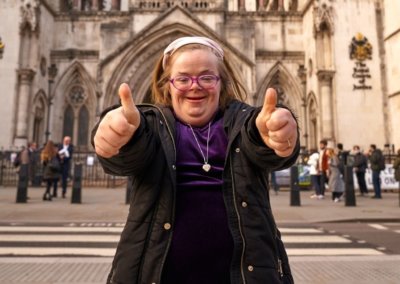Documents from the Court of Appeal which ultimately stopped a state enforced abortion from taking place last month, revealed that the first stage of a three day abortion procedure was being carried out during the Court hearing.
At the end of June, Justice Nathalie Lieven ruled that forcing a woman with a moderate learning disability to have an abortion against her will was in her “best interests”. In a last minute hearing the next working day (Monday 24/06), three judges in the Court of Appeal overruled this decision, forbidding doctors from performing an abortion on this woman.
The full ruling of the Court of Appeal has now been released and it reveals that the woman was already undergoing a “pre-operative assessment” for the abortion, which was in fact being carried out during the hearing at the Court of Appeal.
The “pre-operative assessment” formed what would have been part of a three day invasive process which would ultimately have ended the life of her baby.
The ruling also reveals that the judges overturned Justice Lieven’s decision because she gave insufficient consideration to the wishes and feelings of the pregnant woman, as well as the views of the woman’s primary carers – including her own mother – who believed it was in her best interests not to have an abortion.
The Court of Appeal judge, Lady Justice King said Justice Lieven “made no mention of AB’s [the woman’s] wishes and feelings or of the views of CD [the woman’s mother], the social worker or the Official Solicitor. This was, in my opinion a significant omission.”
The Court of Appeal also brought to light the “well established” principle that “the court does not take into account the interests of the foetus but only those of the mother”.
Clare McCarthy from Right To Life said:
“Between the original ruling and the decision from the Court of Appeal, the life of the 22-week-old baby hung in the balance and was literally hours away from being aborted. In fact, the pre-operative assessment for the abortion was already underway. If this last-minute hearing did not take place when it did, this baby would not be alive.
“As the ruling from the Court of Appeal made clear, the right to life of the baby held no weight in court, as the “the court does not take into account the interests of the foetus but only those of the mother”. This is despite the fact that the baby, this late in gestation, would in some cases have been able to survive outside of the womb.
“Although it is a major relief that the Court of Appeal came to this decision, and that the forced abortion did not take place, it is a chilling case that demonstrates the power the court holds over life and death.“


